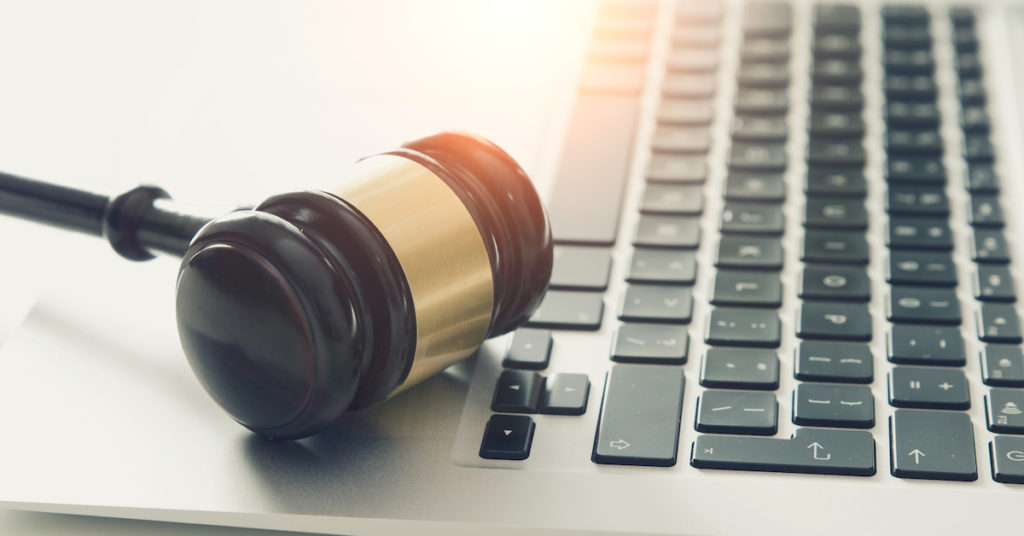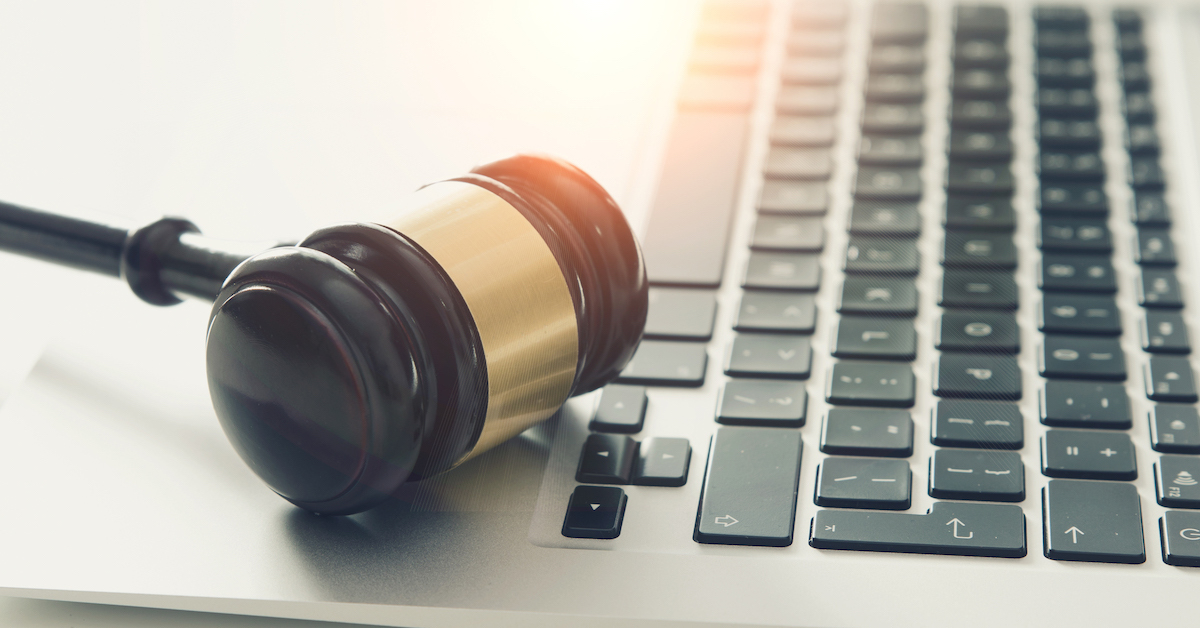
Choose your legal structure wisely
It is very important to choose wisely your legal structure since the legal entity that you choose will have a global impact on your business.
It will affect how customers, partners, creditors and the general public view your company, as well as how it will be taxed and what types of liabilities ill incur.
It will also affect your ability to attract new partners, shareholders or investors.
Before choosing your legal structure, ask yourself the following questions
- Am I choosing the right legal structure for today and for tomorrow?
- To what extent am I willing and able to be personally responsible for business debts and liabilities?
- To what extent must I retain control over the management aspects of the business in order to reach my goals?
- What are the tax advantages and disadvantages of the structure I am considering?
Commonly used legal means or structures in Lebanon
- Sole Proprietorship
- Limited Liability Company (SARL)
- Joint Stock Company (SAL)
- Holding Companies
- Offshore Companies
Entrepreneurs should not form a company until the idea is already settled and when the capital is available.
The cost for forming and operating a Joint Stock Company (SAL) is often greater than that of a Limited Liability Company (SARL); SAL offers advantages as compared to SARL, most significantly freedom of transfer of shares, lesser required majority to increase the capital and attract new investors, and exemption from stamp duties and tax on the transfer of shares.
Once you decide which legal structure may best suits your needs
- Choose the right name for your startup: in order to avoid causing confusion among consumers and the public, startups must conduct a proper research before selecting their company’s name, and this research must include a search at the Commercial Register. Make the name distinctive and memorable.
- Use the right standard contract forms: startups must retain an experienced lawyer to help them with the drafting of the right standard contract form for their company.
- Prepare employment, freelance and consultancy documentation: startups should prepare a set of employment documents to be signed by most, if not all, employees and consultants and choose the right type of contract to hire people.
Protect your Intellectual Property Rights
- Prevent dispute over ownership: ensure all your employment and consultancy contracts clearly state your ownership of any intellectual property developed for you in the course of employment or consultancy arrangements.
- Check that your idea is original: use patent and trademark searches early in the development of new products and processes to establish whether someone else has already registered them.
- Take expert advice: to ensure that any trademark you develop is properly protected, contact a trademark agent for advice about searches and registration.
- Record the evidence: keep a log of evidence that records the development of intellectual property (for example, dated and signed copies of drawings and drafts).
- Make a patent application: filing an initial patent application could give you time to develop or sell your idea, to complete market research or raise finance.
- Look abroad: take advice on whether you need to protect your intellectual property abroad.
- Assess it at every stage of development: consider whether new designs for the appearance of all or part of your product are worth protecting with stronger design registration.
- Make sure your material is copyrighted: identify those of your materials that are already protected by copyright. Add the copyright symbol, your name and the creation date to emphasize this.
- Prosecute IP thieves: maintain patent and trademark protection and enforce your rights by identifying breaches and pursuing offenders if the commercial case justifies the cost.
Create good terms and conditions and a privacy policy for your website or application
Terms of use sets forth the terms and conditions for people using a company’s website or application. Whereas private policy is a legal statement on the website and application setting forth the use by the company of the personal data collected from users and consumers of the site and how much data may be used, sold or released to third parties.
Engage good lawyers, accountants and tax experts
Interview several lawyers and tax experts or accountants, determine their level of expertise in corporate and commercial law, employment, intellectual property, and tax laws. Find a lawyer and an accountant that you feel at ease with because this may be a long-term relation that is close to the relation among co-founders.
About the author

Joelle Jreige is a Partner at Sami Nahas Law Firm, which has consistently ranked as one of the leading law firms in Lebanon. Joelle was educated in Sagesse University where she obtained a Bachelor in Law and a DEA in Private Law (Corporate Law).
She has been practicing law since 2003 and joined Sami S. Nahas Law Firm in 2008 after having worked at Ibrahim Abou Sleiman Law Office.
She is currently acting as legal advisor and general counsel of various leading projects, groups or corporations in Lebanon and the Mena region, with a special focus on real estate financing, construction, and development, the hospitality industry and investment banking.
Joelle has been a member of the Beirut Bar Association since 2003.








